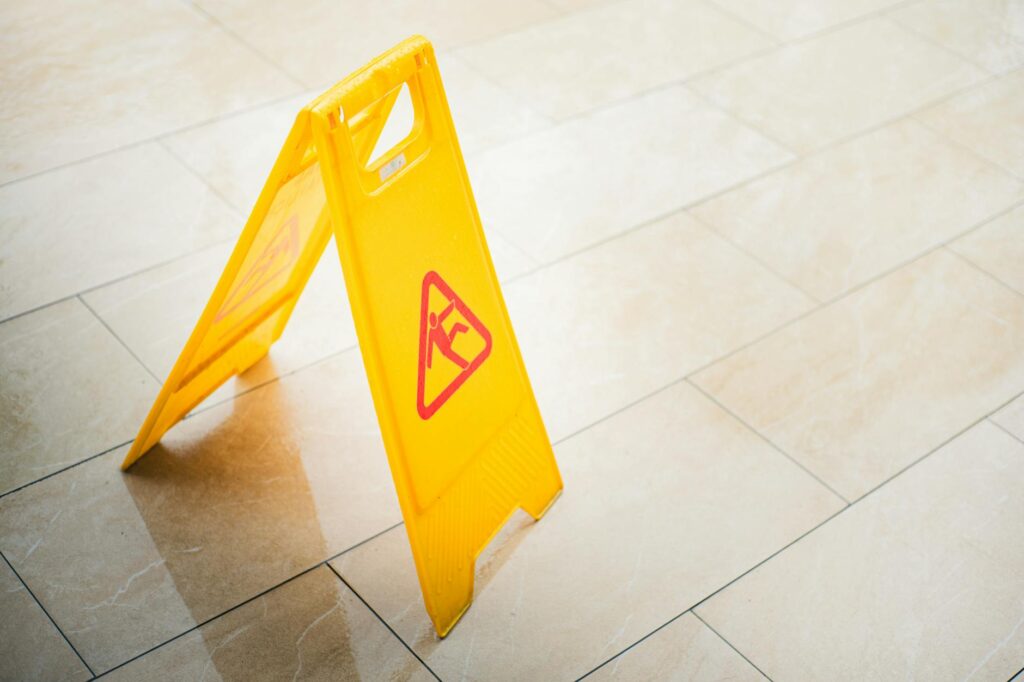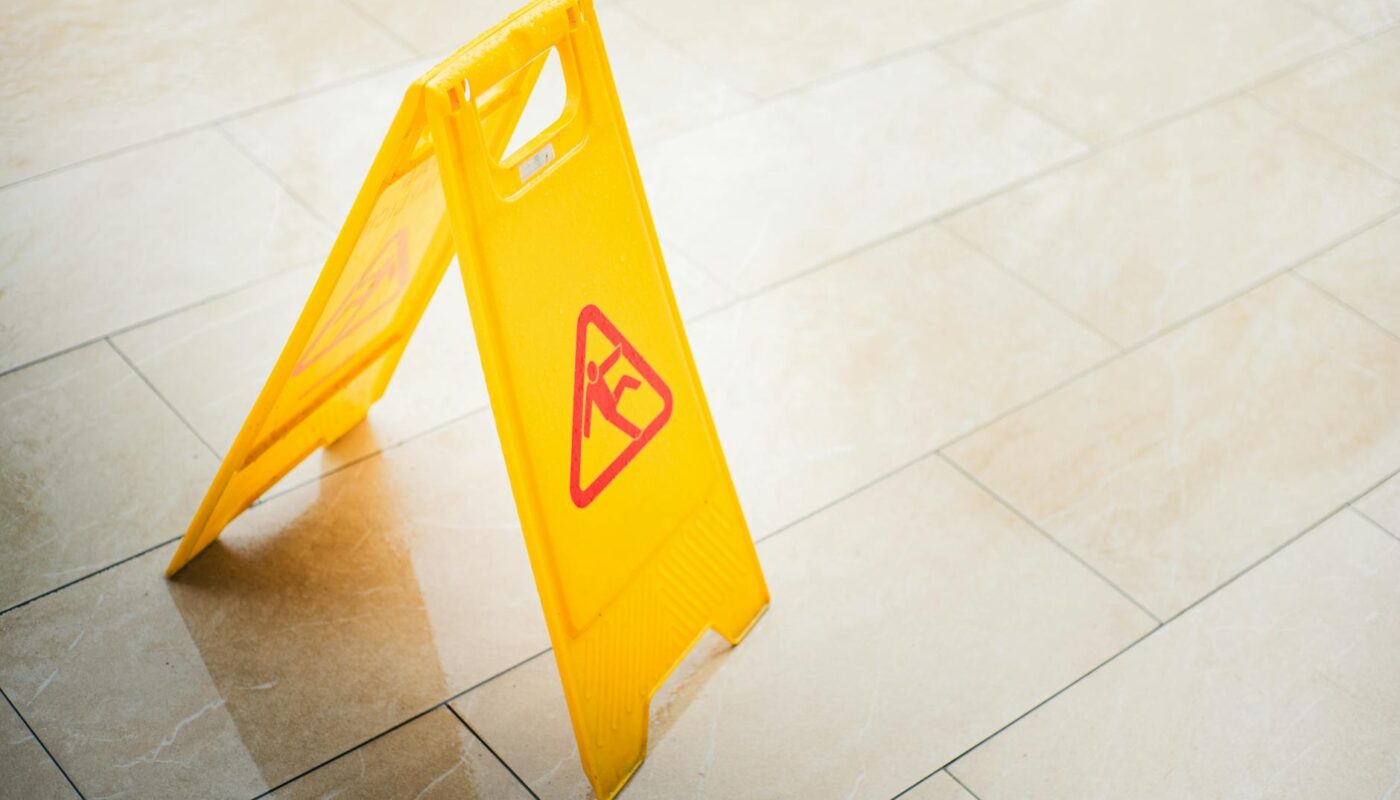Understanding liability insurance is crucial for protecting your personal and financial well-being. It’s a safety net that can prevent devastating consequences from unforeseen accidents or incidents. This guide will break down the essentials, helping you understand why it’s important and how it works.
What is Liability Insurance?
Liability insurance is a type of coverage that protects you against financial losses if you’re held legally responsible for causing someone else’s injury or property damage. It covers the costs associated with legal fees, medical expenses, and property repairs. Think of it as your shield against potential lawsuits. 
Types of Liability Insurance
There are various types of liability insurance, catering to different needs. Common types include homeowners insurance, which covers liability on your property; auto insurance, protecting you in car accidents; and professional liability insurance (also known as Errors and Omissions insurance), safeguarding professionals from malpractice claims. Choosing the right type depends on your specific circumstances and risk factors. You can learn more about choosing the right policy by reading our guide on selecting the best insurance for your needs.
How Liability Insurance Works
When an incident occurs for which you are deemed legally responsible, your liability insurance company steps in to handle the situation. They’ll investigate the claim, negotiate settlements, and cover the costs up to your policy limits. This process involves filing a claim and providing necessary documentation. It’s vital to understand your policy’s details and limits to know what’s covered and what isn’t. A good resource to learn more is the Insurance Information Institute.
The Importance of Adequate Coverage
Having sufficient liability coverage is paramount. The cost of legal battles and damages can quickly escalate, exceeding your personal financial capacity. Underinsurance can leave you financially vulnerable. Consider the potential risks associated with your lifestyle and profession when determining the appropriate coverage amount. For advice on assessing your risk, consider consulting with a qualified insurance broker.
Factors Affecting Liability Insurance Premiums
Several factors influence the cost of your liability insurance premiums. These include your location, claims history, type of coverage, and the amount of coverage you choose. Maintaining a clean driving record (for auto insurance) or a history of responsible property ownership (for homeowners insurance) can help keep your premiums lower. You might want to read our detailed blog post on reducing your insurance costs. 
Beyond the Basics: Umbrella Insurance
For enhanced protection, consider umbrella insurance. This supplemental coverage extends your liability limits beyond what your primary policies offer, providing an additional layer of security against significant financial losses. It’s especially important for high-net-worth individuals or those with higher risk profiles. Learning more about your options is easy with this helpful insurance comparison website.
Understanding liability insurance is vital for safeguarding your future. By carefully considering your needs and obtaining adequate coverage, you can protect yourself and your assets from the unexpected.
Frequently Asked Questions
What happens if I cause an accident and don’t have liability insurance? You could face significant financial repercussions, including lawsuits, medical bills, and property repair costs. You might even face legal penalties.
How much liability coverage do I need? The amount of coverage depends on various factors, including your assets and potential risks. Consulting with an insurance professional is recommended to determine the best coverage for your situation.
Can I increase my liability coverage later? Yes, you can typically adjust your coverage amounts as your needs change, though it may impact your premiums.
What is the claims process like? It involves reporting the incident to your insurance company, cooperating with their investigation, and providing necessary documentation. Your insurer will typically guide you through the process.
What if I disagree with my insurance company’s decision on a claim? Most insurance policies include provisions for appealing a decision. You might also consider consulting with a legal professional.



